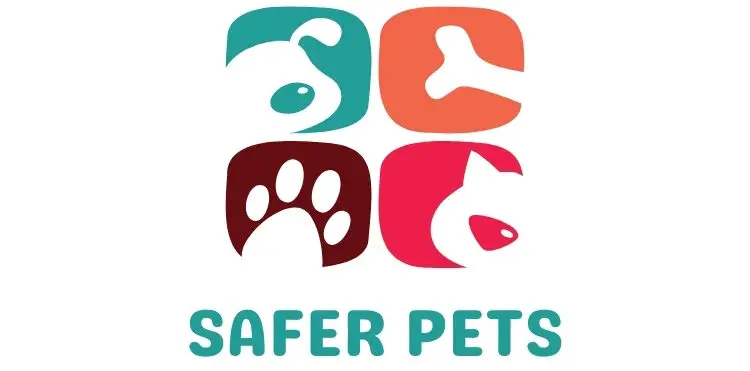Nothing will ruin the holiday season faster than having to make an emergency trip to the vet with your pet clutched in your arms and yet, every year, vets see many dogs and cats who have fallen foul of the hazards that come with the festive holidays. But with a little forethought and planning, it is possible to enjoy the holiday festivities without putting your pets at risk.
Take Care When You Decorate!
Don’t forget to keep your pets in mind when you are decorating your home for the festive season. Christmas trees, for example, can be a disaster waiting to happen if you have not taken the right precautions:
- If you have a very young puppy or kitten, it is best to erect a barrier to keep the Christmas tree from their reach when you cannot be around to supervise.
- Avoid tinsel if you can – it can be fatal if ingested as it can twist in your dog’s intestines and cause deadly obstructions.
- Don’t hang any delicate or breakable ornaments near the bottom of the tree – they will be a sure target for mischievous little paws – dangling ornaments and kittens just don’t mix! Be careful and watch that your pet is not eating any of the pine needles as these can puncture their intestines. Sweep up any fallen needles regularly.
- Keep all lights and electrical cords out of reach For any other decorations in the house, follow similar rules. As a general guideline, it is always best to hang ornaments well out of your pets’ reach if you can.
Deadly Festive Yummies…
Pets having trouble with foods they have ingested is one of the most common reasons for emergency trips to the vet during the holiday season. Even if it is not actually toxic, many holiday dishes are rich and fatty, easily causing stomach upsets or even, in some extreme cases, leading to life-threatening conditions like pancreatitis and bloat. But many foods ARE actually toxic to pets –these include chocolate, raisins, coffee, alcohol, macadamia nuts, grapes and even bread dough, if it is eaten in too large a quantity. So make sure food isn’t left out unattended on coffee tables and keep any lids on rubbish bins secured.
Lastly, remember never to feed cooked bones to your dog. Epsecially cooked poulty bones like chicken and turkey, these can easily splinter and may get wedged in your pet’s mouth, stuck in his throat or even perforate his intestines.
Warn your guests and visiting family members not to feed your pets. If you guests would really like to feed your pets treats, keep a stock of their own healthy treats and chews on hand so that they can enjoy these while humans are enjoying theirs.
Dangerous plants
Many of the plants and flowers traditionally associated with the festive holidays can be very toxic if ingested by pets so think carefully if you are planning to have them around the house. Try to place them well out of reach. The poinsettia, for example, will cause digestive upsets and irritation to your pet’s stomach and mouth if ingested, while holly berries are very, very poisonous – just a few are enough to cause vomiting and diarrhoea. Similarly, mistletoe can cause irregular heartbeats and even cardio shock. Many flowers from the hibiscus and lily family can cause problems in the digestive system and even renal failure, if eaten by your pet.
General Holiday Hazards
There are many other hazards waiting to tempt your pet during the holiday season. For example, be careful if you are planning to light candles – never leave these unattended when your pet is in the same room – they can easily be tipped over the swat of a paw or tail and set fire to the whole place! Many things can present a choking hazard if swallowed, such as small toys, pieces of plastic wrapping or parts of decorations.
Finally, don’t forget that many pets may escape from the house in the general confusion and excitement of holiday celebrations, particularly with dogs during the arrival of guests. So make sure that your pets are always wearing collars with ID tags bearing your contact numbers and be extra careful when opening and closing the front door.
